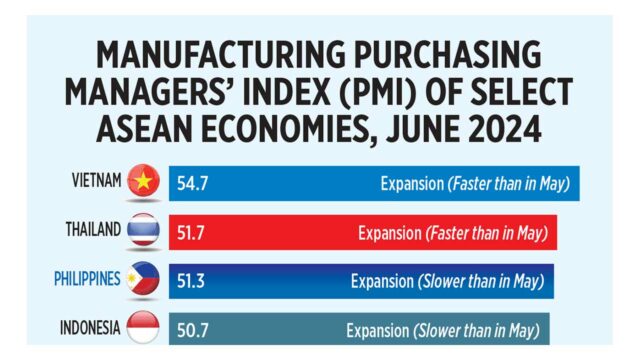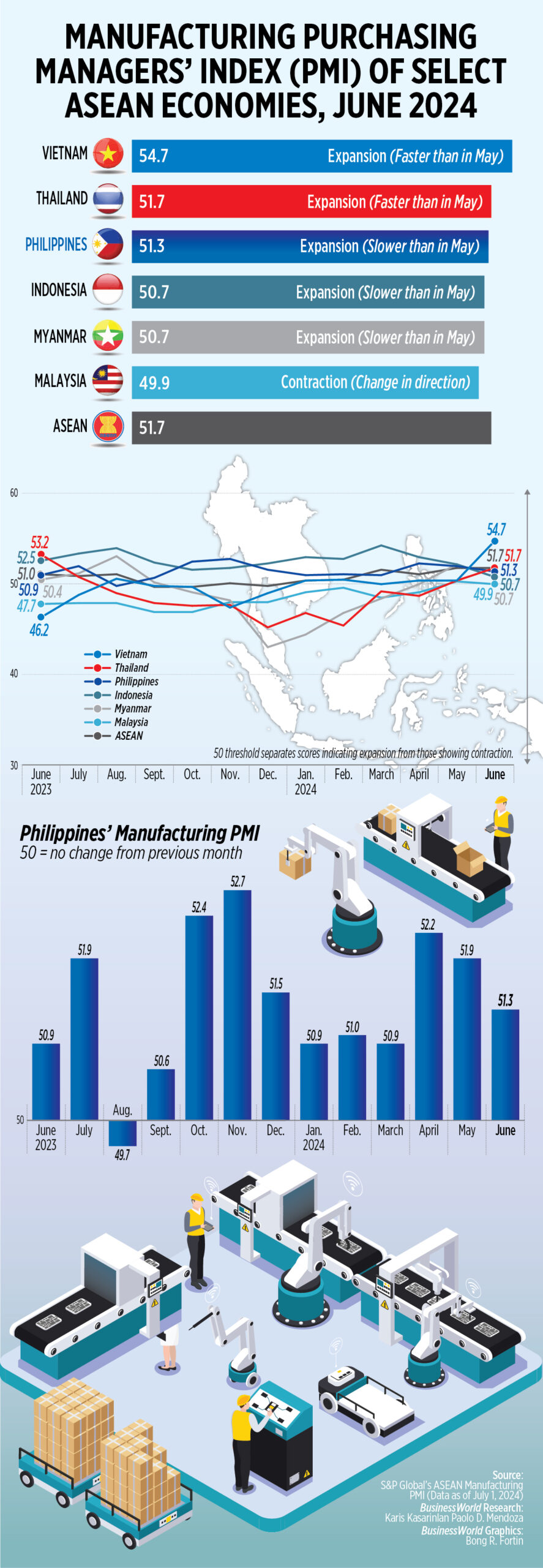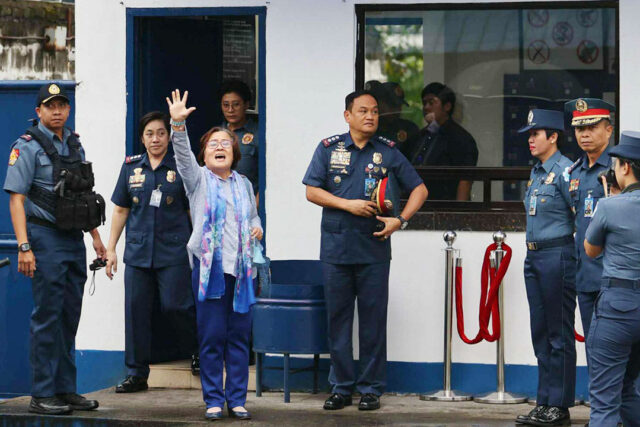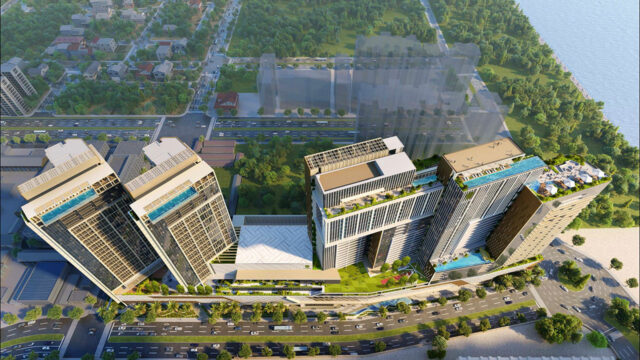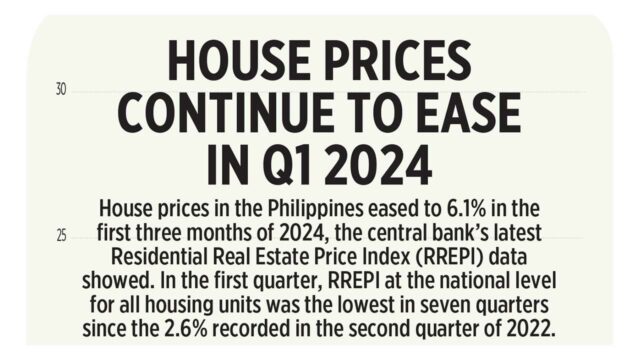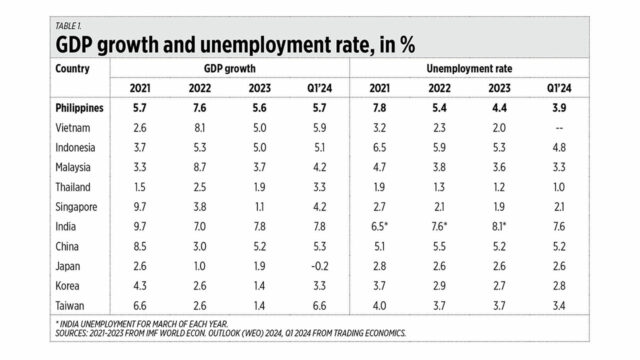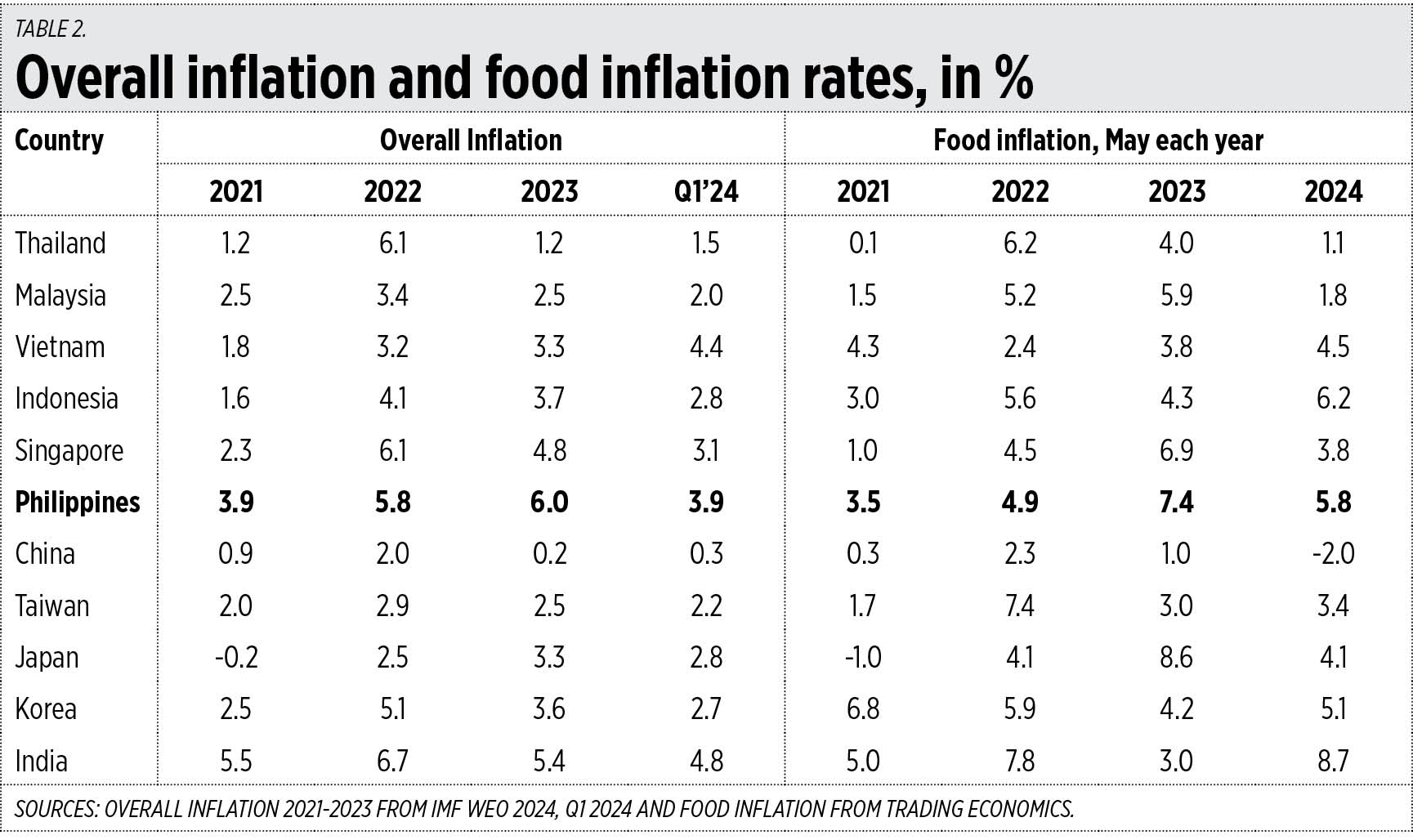President Ferdinand “Bongbong” Marcos, Jr. told reporters last Thursday that former Senator Leila de Lima’s acquittal in her last drug trafficking case showed that the country’s justice system is working. He said, “Maybe this is something we should show the ICC (International Criminal Court). The Judiciary is working properly. Our investigative services are working properly, and former Senator De Lima has been acquitted.”
The President said, “We still stay with our position that the ICC had no jurisdiction in the Philippines. We have a working police force, we have a working judiciary and do not require any assistance in that regard.”
Contrary to his gratuitous statements, the justice system is not working, our investigative services are not working properly as shown only recently.
On June 18, Caloocan City Regional Trial Court Judge Ma. Rowena Violago Alejandria handed down a decision that found four policemen guilty of homicide for the killing of Luis Saldana Bonifacio and his son Gabriel on Sept. 15, 2016 during an alleged illegal drug operation. Department of Justice (DoJ) Secretary Jesus Crispin Remulla lauded the conviction of the four policemen as “a testament to the government’s unwavering efforts.”
Kristina Conti, a lawyer with the National Union of Peoples’ Lawyers-National Capital Region (NUPL-NCR) said, “No, the public prosecutor did not actively participate in the prosecution of the case. He even testified for the accused. You cannot make me say that the justice system is working. NUPL-NCR asked for and was granted authority as private prosecutors, trying this case on our own. We built this case from Day 1 without any material assistance from the DoJ, police, or government agencies.”
Also the other week, the House of Representatives Committee on Human Rights grilled the Internal Affairs Services (IAS) of the Philippine National Police (PNP) for not filing criminal charges against policemen involved in “tokhang” operations that resulted in deaths during President Rodrigo Duterte’s “war on drugs.” Republic Act No. 8551 mandates the IAS to investigate and adjudicate administrative cases against erring PNP personnel. IAS Director General Brigido Dulay admitted that the IAS has not filed any charges so far.
Former Senator De Lima was acquitted not because the country’s justice system works but because her accusers one by one recanted their testimonies, claiming that they had been threatened or coerced to implicate her. Her case proves our justice system was weaponized against her.
As chair of the Commission on Human Rights, then as Secretary of Justice, and eventually as chair of the Justice Committee of the Senate, Ms. De Lima relentlessly and assiduously investigated human rights violations in Davao City during Rodrigo Duterte’s reign as mayor of the city and in many parts of the country during his incumbency as president. That drew the ire of President Duterte. He turned the justice system into a weapon and used it to destroy Ms. De Lima.
Senator De Lima’s persecution began on Aug. 19, 2016 when President Duterte’s allies in the House of Representatives filed a resolution seeking an investigation into the proliferation of drug use at the New Bilibid Prison (NBP) during the time Ms. De Lima was Secretary of Justice. Speaker Pantaleon Alvarez led the filing of the resolution. The others were: Raneo Abu, Romeo Acop, Michael John Duavit, Rudy Fariñas, Paulino Salvador Leachon, Karlo Nograles, Eric Martinez, Danilo Suarez, Abraham Tolentino, and Jerry Treñas.
The House opened its investigation on Sept. 20 with Rep. Reynaldo Umali, chairman of the Committee on Justice, presiding. But he practically gave up his chairmanship of the committee in favor of a non-member of the House, Secretary of Justice Vitaliano Aguirre, who led the interpellation of witnesses against Ms. De Lima. Many of the witnesses were convicted felons, most of whom were serving life sentences.
Sitting right beside Mr. Aguirre was Persida Acosta, the head of the Public Attorney’s Office. She said she was there as the legal counsel to the convicts who had been summoned as witnesses. Strange that the chief public attorney was acting as counsel for witnesses who were convicts serving life sentences.
When Mr. Aguirre said on Sept. 26 that he was set to file criminal charges against Ms. De Lima based on the testimonies of the witnesses, Mr. Duterte told a gathering of journalists covering Malacañang, “Sen. Leila De Lima is sure to go to prison for her involvement in the Bilibid drug trade because of the testimonial evidence.”
Five months after the House investigation of Ms. De Lima’s alleged transactions with NBP detainees, Mr. Aguirre filed three criminal complaints against her, accusing her of violating Section 5 of the Dangerous Drugs Act, which penalizes the “sale, trading, administration, dispensation, delivery, distribution and transportation of illegal drugs.”
On Feb. 23, 2017, Judge Juanita Guerrero of the Muntinlupa City Regional Trial Court (RTC) ordered the arrest of Ms. De Lima on drug charges. The arrest warrant was issued less than a week after the Department of Justice filed charges against Ms. De Lima. The senator’s lawyer, Alex Padilla, found the issuance of the warrant “funny and sad” as Ms. De Lima’s camp had filed a motion to quash with the court which had yet to be heard. “I cannot but think it’s pre-judgment on the part of the judge,” Mr. Padilla said.
In the evening of that day, PNP Chief Ronald “Bato” dela Rosa, eager to make President Duterte’s prediction that Ms. De Lima would go to prison come true, led a convoy of police vehicles to serve the arrest warrant to Ms. De Lima who had gone home to pack up the personal effects she would need in detention. But the Senate sergeant-at-arms contacted him to tell him that the Senate would surrender Ms. De Lima the following morning. Police chief Dela Rosa was catapulted from chief-of-police of Davao City to chief-of-police of the Philippines by President Duterte.
On Feb. 27, 2017, Ms. De Lima filed a petition for certiorari and prohibition before the Supreme Court, calling for the immediate issuance of a temporary restraining order against the proceedings and arrest. Then Solicitor General Jose Calida filed a manifestation before the Supreme Court seeking the dismissal of her petition, arguing that she falsified the notarizations on her affidavits. Her lawyers said the issue was “legal nitpicking and hair splitting.”
On Oct. 10, the Supreme Court en banc junked Ms. De Lima’s petition to nullify the arrest warrant, giving the Muntinlupa City RTC the go-signal to hear the drug cases. The ruling was penned by Associate Justice Noel Tijam. Associate Justices Presbitero J. Velasco, Jr., Teresita J. Leonardo-De Castro, Diosdado M. Peralta, Lucas P. Bersamin, Mariano C. Del Castillo, Estela M. Perlas Bernabe, Samuel R. Martires, Andres B. Reyes, Jr., and Alexander G. Gesmundo concurred.
Court proceedings against her were marked by undue delays, including the repeated failure of prosecution witnesses to appear in court, and the many changes in judges handling the cases against her. In 2018, the UN Working Group on Arbitrary Detention concluded that her arrest was arbitrary because of the lack of legal basis and the non-observance of international norms relating to the right to a fair trial. Amnesty International, as well as many other domestic and international organizations, repeatedly said that the charges against her were fabricated and that the testimonies by witnesses against her were manufactured.
In April 2018, Menardo Guevarra was appointed as ad interim Justice Secretary, replacing the much-criticized Vitaliano Aguirre. Addressing the employees of the Department of Justice on his first day as Justice Secretary, Mr. Guevarra said it was his personal mission to “restore the dignified and respectable image” of the department as his predecessor had badly damaged its image with his many questionable decisions and pronouncements.
But in June 2022, Ms. De Lima blasted Mr. Guevarra for his decision to continue her prosecution despite three key witnesses retracting their statements that led to her detention. “Up to the end of his term, Sec. Guevarra is minded to stand by the lies and manufactured evidence of the Duterte government, not wanting to displease his principal. He is, after all, Duterte’s alter ego. Never mind justice. Never mind fair play. Never mind that an innocent person was kept in jail for the past five years, and counting, without real evidence except the lies of mostly convicted felons,” Ms. De Lima decried.
Civil society and human rights groups called for her release from detention. The call was joined by the Parliament of the European Union, the United States Congress, the Australian Parliament, the ASEAN Parliamentarians for Human Rights, the Inter-Parliamentary Union, Amnesty International, Human Rights Watch, and Liberal International. In the view of the lawmakers of the Western world, where many of our own laws had their origin, Ms. De Lima’s continued detention was the consequence of President Duterte’s revenge.
Amid calls for newly elected President Marcos Jr. to order prosecutors to drop the drug charges against former senator De Lima, he stood firm on not interfering with the case. “I think urging prosecutors to do one thing or another is interfering,” he told reporters on Oct. 14, 2022.
But a number of prominent lawyers were of the opinion that President Marcos Jr. could intervene in the case without interfering with the court’s hearing of the case. They said the prosecution of criminal charges is a function of the Department of Justice which belongs to the executive branch of government, unlike the adjudication of cases, which belongs to the judiciary, a separate and independent branch of government.
I therefore concluded that President Marcos Jr. refrained not from interfering in the prosecution of the case against Leila de Lima but from interfering in Rodrigo Duterte’s persecution of her.
The Philippine justice system remains flawed as shown in the court case of the four policemen who killed the Bonifacios and in the failure of the IAS of the PNP to perform its mandate, because President Marcos Jr. appointed remnants of the President Duterte’s notoriously compliant justice system to key positions in the present justice system. Maybe he did that because he wants a compliant justice system so that it can be used as a weapon.
Oscar P. Lagman, Jr. is a retired corporate executive, business consultant, and management professor.




